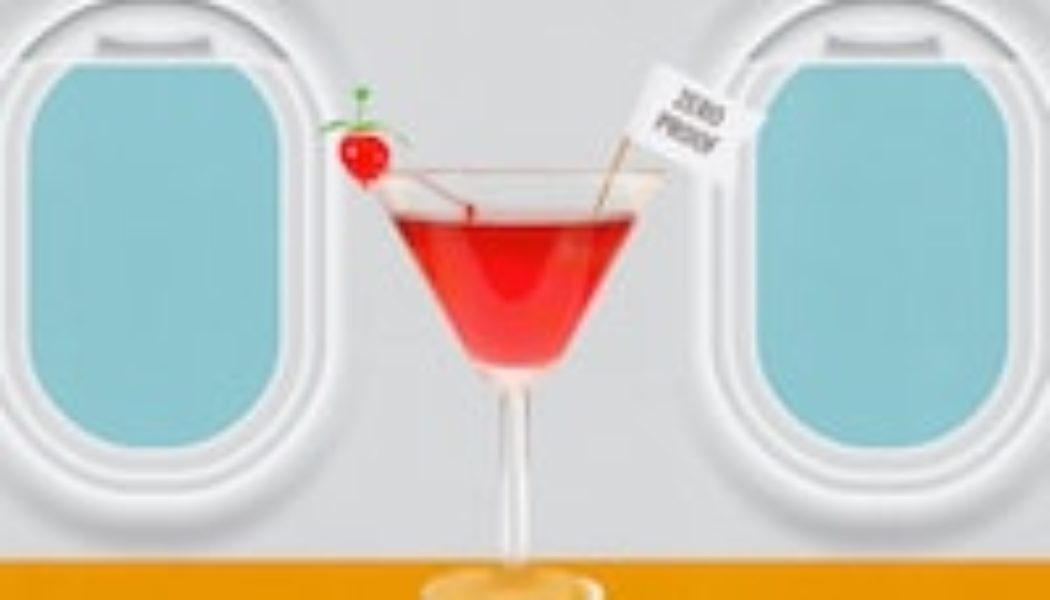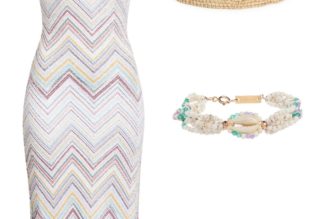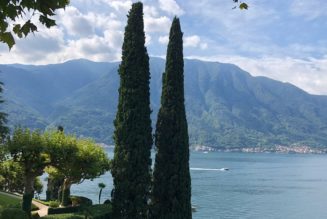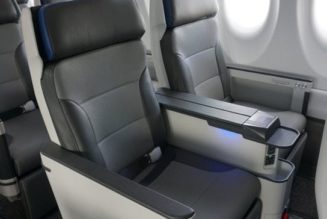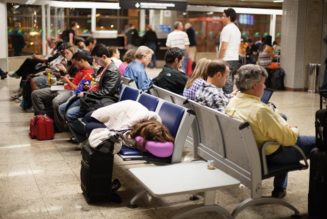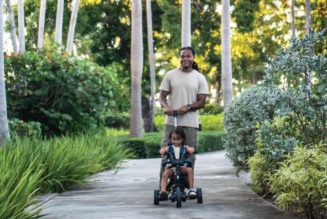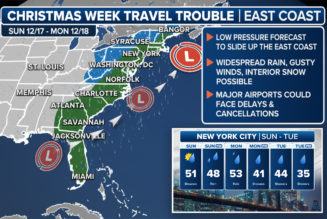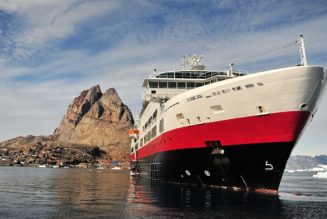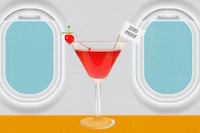
Mindful drinking or sober curiosity isn’t new. However, what’s different now is a social acceptance — some might even call it a societal embrace — of no- or low-alcohol products available for travelers on menus in the air and on the ground. As a nondrinker myself, it wasn’t long ago that ordering a zero-proof beverage at a hotel bar often drew the ire of the bartender.
Although there have always been travelers who eschew alcohol for a variety of reasons — perhaps due to an allergy, religious observance or health — the growing “booze-free” movement has extended into tourism, often as part of a larger trend toward wellness.
Travel booking site Expedia said in its annual travel trend report that more than 40 percent of travelers are likely to book a detox trip in the next year, coining the term “dry-tripping” to describe the fashion.
And because of it, many brands within the travel space are making significant investments to be more inclusive. “As recently as five years ago, this approach might not have been standard practice,” says Gui Jaroschy, founder of Unfiltered Hospitality, a bar consultancy firm.
A wide range of companies, from hotel chains (The Standard) to cruise lines (Virgin Voyages) and even airport lounges (Capital One), hire Jaroschy and his team to ensure bar programming is up to par for “evolving customer needs.” That means crafting three to four nonalcoholic cocktails and a selection of nonalcoholic spirits as the new standard for drink menus, says Jaroschy.
From the airport lounge to the sky…
On a global scale, cultural and religious norms often dictate drink menus onboard flights, including the availability of dedicated mocktails (or in the case of airlines like Jeddah-based Saudia, no alcohol at all).
Both Emirates and Qatar Airways offer a selection of booze-free drinks in business and first class, such as a Virgin Cucumber Gimlet (on Emirates) or the So Jennie, a nonalcoholic champagne (on Qatar) that retails for about $50 a bottle. Meanwhile, the signature drink on Hong Kong-based Cathay Pacific is the Cathay Delight, a blend of kiwi, coconut milk and fresh mint — and a personal favorite.
More recently, however, airlines closer to home have doubled down on their zero-proof offerings. Last May, JetBlue Airways became the first U.S. carrier to offer a nonalcoholic beer as part of a “continued effort to provide customers with an onboard experience customized to their needs and preferences.”
Besides having Athletic Brewing Company’s nonalcoholic Upside Dawn Golden Ale as an option in-flight, the Long Island City, N.Y.-based airline also provides a mocktail version of its popular business-class drink, the Mint Condition.
In December, Alaska Airlines also debuted a nonalcoholic beer, from Best Day Brewing, a San Francisco Bay Area craft brewer. The carrier says it’s “the first nonalcoholic beverage to join Alaska’s premium beverage lineup.” The Kölsch-style beer is complimentary in premium cabins and available for purchase in economy.
However, airlines have some room to improve their drinking inclusivity efforts, too. For instance, while purchasing an extra-legroom seat on a U.S. carrier often comes with an alcoholic beverage, that perk usually can’t be traded, for say, another paid amenity, like an onboard snack. Similarly, Delta Air Lines elite members who receive drink voucher coupons, each good for one alcoholic beverage, can’t redeem them for another booze-free perk.
… and back down on the ground
Back on the ground, hotels are expanding their nonalcoholic options.
Hyatt launched a program in late 2021, dubbed “Zero Proof, Zero Judgment,” bringing dedicated zero-proof beverages to select Andaz and Thompson properties across its U.S. portfolio. Meanwhile, Hilton is taking the dry movement one step further. One of Hilton’s newest brands, Tempo by Hilton, offers a bar menu with both “Spirited” and “Free-Spirited” cocktails. All nonalcoholic drinks are designed to mimic those made with alcohol, and Hilton has made this program a brand standard.
The first Tempo debuted in New York City in the fall, with upcoming locations slated for Louisville, Nashville and Raleigh, N.C., in the coming months. Hilton is leaning into the trend that travelers will pivot between alcoholic and nonalcoholic drinks. “We are providing an uncompromised food and beverage experience to our guests regardless of routines or regimens,” says Adam Crocini, senior vice president and global head of food and beverage brands at Hilton.
Often, however, shifting attitudes and change come at the property level — and directly from guest feedback. The Four Seasons Peninsula Papagayo in Costa Rica, for instance, offers a whopping 21 mocktail options across six food and beverage outlets. The need to come up with new offerings came from guests themselves, says Francisco Ribeiro, the property’s director of food and beverage. “We saw an increase in our guests’ wanting different options for nonalcoholic drinks.”
As for the future of the booze-free category? It’s bright, according to Jaroschy and his Unfiltered Hospitality team. “What started as a few nonalcoholic base ‘spirits’ has expanded to include all sorts of fun aperitivos, amaros, and cordials. This opens up the toolbox for alcohol-free options in a wider range of styles.”
Chris Dong is a freelance travel writer and credit card points expert based in Los Angeles. You can follow him on Instagram: @thechrisflyer.
